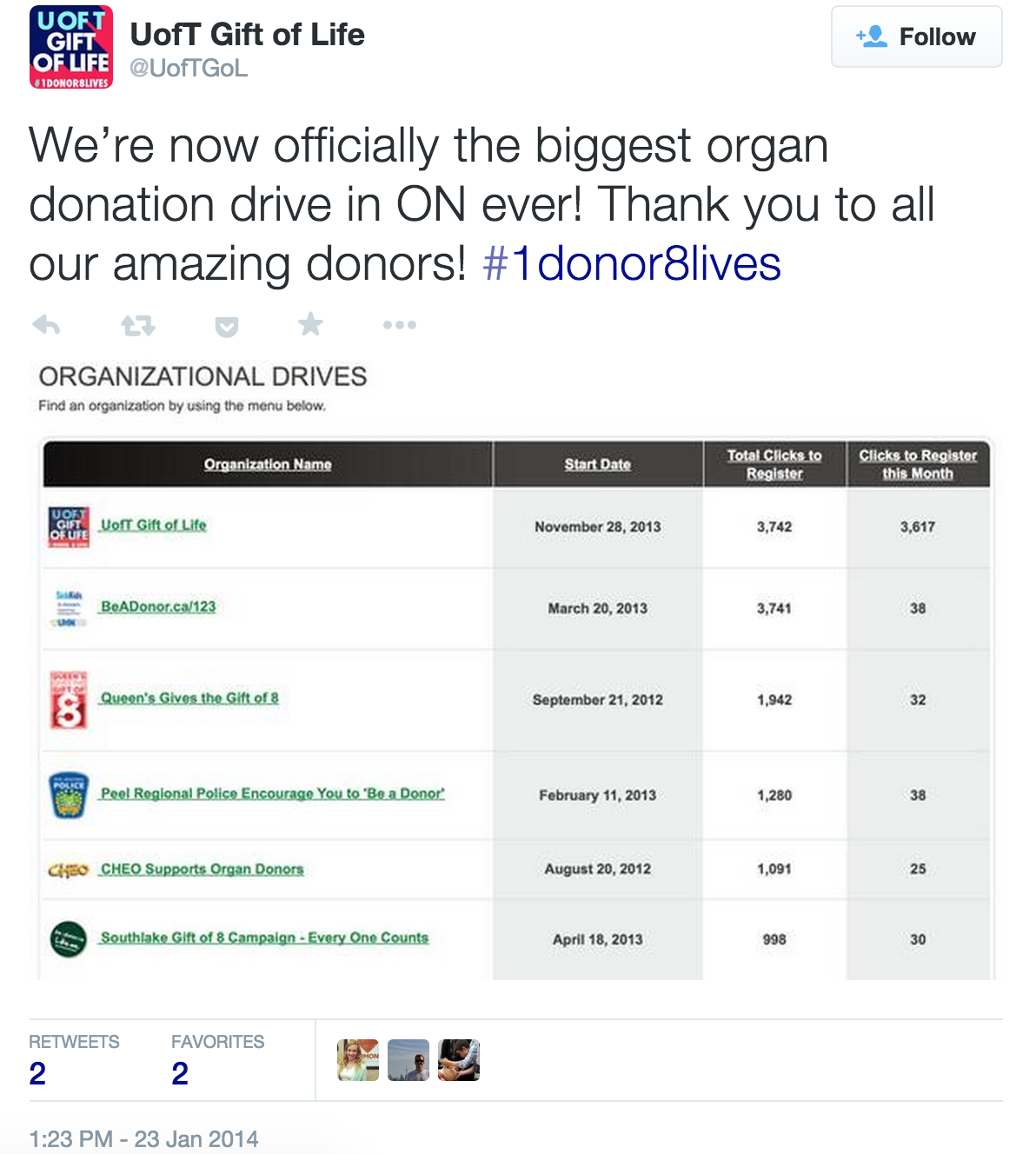Are physicians good advocates?
09 Jan 2015During my training last year as a medical student a great emphasis was placed on interprofessional education. I learnt about the other health professionals and the vital roles they play in providing the best care for patients. Some of the other professionals appeared to me to be very well suited for patient advocacy. It made me wonder what makes physicians suited for patient advocacy and population health advocacy. I decided to see what literature there was on this topic…
First, what makes a physician positioned so well for health advocacy work? According to the literature, they “understand the medical aspects of issues better than any sector of society, and they are poised to observe and delineate the links between social factors and health” (Earnest et al. 2010). Furthermore, they are highly trusted by the public for information related to health. Unfortunately, some research shows physicians are more likely to engage in issues affecting their own economic well-being rather than those benefiting society as a whole (Grumbach et al. 1998 NEJM). Given the great potential physicians have for advocacy work, but the (somewhat dated) evidence for them to mostly act in their own best interest, wouldn’t it be wonderful to train physicians to ensure they serve as ‘good’ advocates? As in primarily advocating for improved health in their communities.
Well then what do advocates need in their toolbox for such work. They need to be positioned to identify a problem, be able to define it and its scope, know who to engage in strategizing a solution and be able to communicate effectively to the necessary decision-makers (Earnest et al. 2010). Physicians along with other health professionals are positioned to answer all those questions for health advocacy. And even when the physician cannot perfectly realize the scope of a problem, given the inter-professional team-oriented nature of their work, they can seek others out collaboratively.
Then how can we ensure the problems they identify to solve will better their community’s health? Earnest et al. (2010) and a reply by Dworkis et al. (2010) state that a fundamental understanding of the determinants of health followed by practical experience in advocacy projects are important to developing physicians into health advocates. Getting experience in these early in medical training is essential then. This then brings us from the evidence that physicians can be good advocates to how do we ensure they are through medical education.
“Learning objectives dealing with advocacy theory might include (1) formally identifying and distinguishing between the roles that physicians must, should, and could perform within the spectrum of physician advocacy, and (2) developing a rigorous understanding of the social determinants of health.” - Dworkis (2010)
Luckily such training and experience aligns with our superiors intentions in training new physicians. In a 2001 report, titled Social Accountability: A Vision for Canadian Medical Schools, we see that a “primary goal of medical education is to prepare graduates to practice effectively in reducing the burden of illness and improving the health of their communities.” (Health canada, 2011)
This is great, right? Well another editorial in 2011 as well (must’ve been a busy year for this) makes a different argument in training physician advocates. Kanter’s (2011) editorial considers, based on previous compelling papers, whether all physicians should become advocates. The argument against is for the fear of politicizing all physician efforts as advocacy and it being equated to political advocacy. A question remains then, do efforts for healthier public policy necessarily require politicking?
Perhaps it isn’t so much as seeing health advocacy as a battle in politics but rather as framing health advocacy as an act of social accountability that physicians are held to. Meaning society expects physicians to work for the best care of all Canadians in an equitable and just manner. This statement I believe transends political lines and is really what health advocacy is about. Such a view should not be lost.
Evidence therefore suggests physicians can be positioned well as advocates for healthcare, and that this emphasis on advocacy can be instilled in medical education. And lastly, I believe health advocacy != political advocacy.
A photo of a medical student advocacy campaign to increase the number of Ontarians registered as organ donors; truly good advocacy!
 Source: https://twitter.com/UofTGoL/status/426465189962084352
Source: https://twitter.com/UofTGoL/status/426465189962084352
REFERENCES:
Dworkis, Daniel A., MaryAnn B. Wilbur, and Megan T. Sandel. “A framework for designing training in medical advocacy.” Academic Medicine 85.10 (2010): 1549-1550.
Earnest MA, Wong SL, Federico SG. Perspective: Physician advocacy: What is it and how do we do it? Acad Med. 2010;85:63–67.
Grumbach K, Osmond D, Vranizan K, Jaffe D, Bindman AB. Primary care physicians’ experience of financial incentives in managed-care systems. N Engl J Med. 1998; 339:1516 –1521.
Kanter, Steven L. “On Physician Advocacy.” Academic Medicine 86.9 (2011): 1059-1060.
Social Accountability: A Vision for Canadian Medical Schools. Health Canada, 2011. https://www.afmc.ca/pdf/pdf_sa_vision_canadian_medical_schools_en.pdf. Accessed November 14, 2014